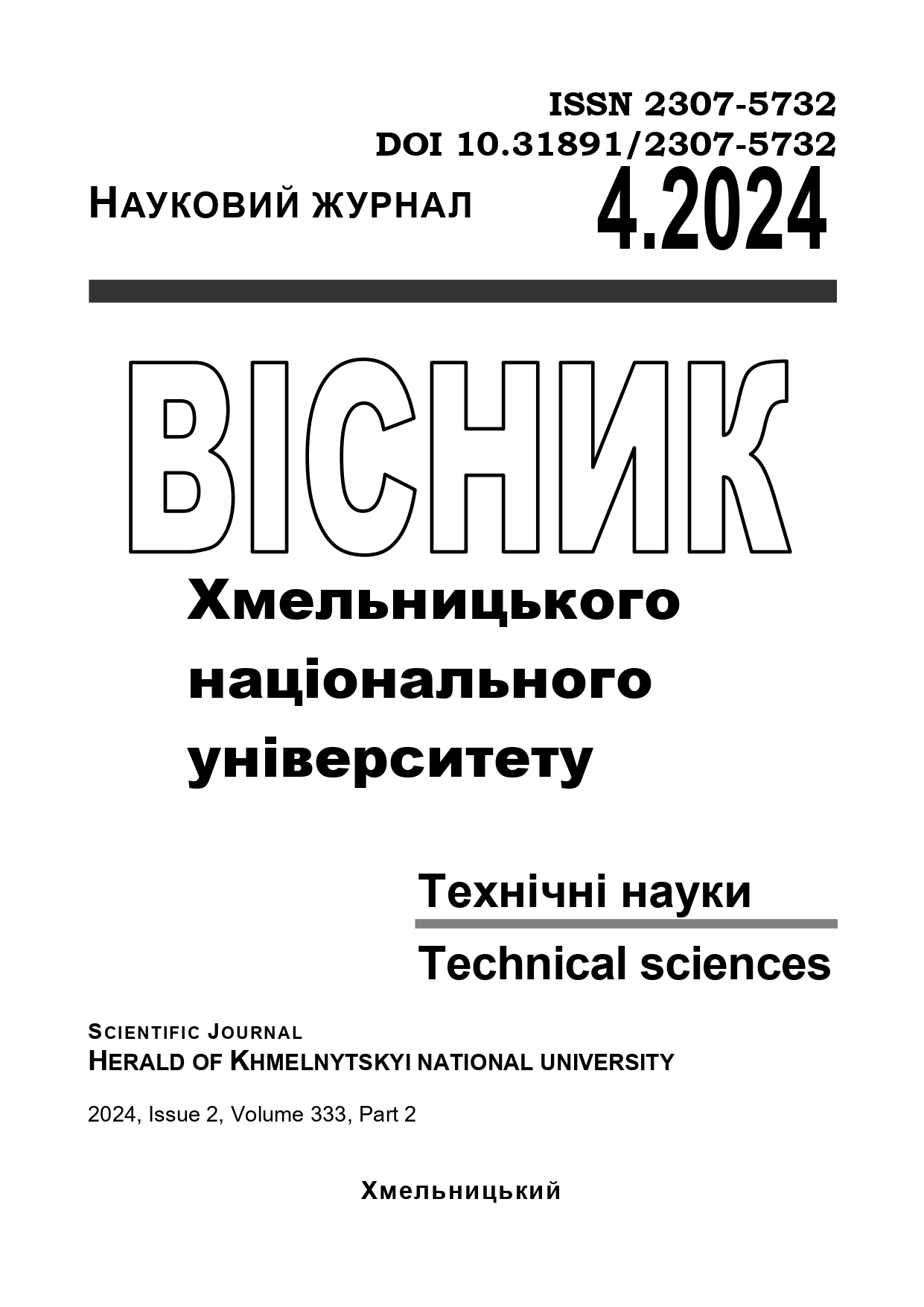FORMATION OF ADAPTIVE CONTENT IN ELECTRONIC EDUCATIONAL SYSTEMS
DOI:
https://doi.org/10.31891/2307-5732-2024-339-4-69Keywords:
adaptive content, agent-oriented approach, intelligent agent, electronic learning management system, individual educational trajectory, adaptive learning systemAbstract
The article explores the issue of adaptive educational content formation in modern electronic learning management systems. The approach analyzed allows for electronic content to adapt to a student's needs and formatting abilities, resulting in an improved learning trajectory and increased efficiency in obtaining final results. To achieve this, an agent-oriented approach using artificial intelligence is proposed to study the characteristics of the student and form individual educational content. The article also describes an approach to forming learning process control systems based on multi-agent technology. The system's decisions are a set of aggregate decisions of intelligent reflex agents that use information decision-making technology in adaptive learning conditions.
An intellectual environment for training students of technical fields was formed with the help of test tasks of an adapted level of difficulty. By using an individual approach to determining the level of difficulty, the efficiency of learning materials was increased, and the level of independent study of students in academic disciplines was improved.
An integrated learning environment was formed and implemented in the training of bachelors and masters in several areas related to information technology. The proposed solutions have shown their viability, and the educational environment formed on their basis has proved to be attractive to students and has a positive impact on the overall efficiency of the process of training technical specialists.
The application of multi-agent and service-oriented approaches in the process of forming the system of educational environment of a technical university ensures the convenience of implementing artificial intelligence methods in the field of e-learning and the development of competence-based technical education.
The peculiarities of forming adaptive content in e-learning systems are the use of an agent-based approach and the development of scenarios and action algorithms for intelligent software agents that work in accordance with the defined learning objectives and the behavior of students during training.

